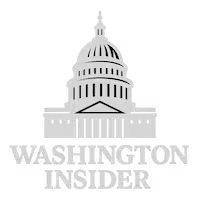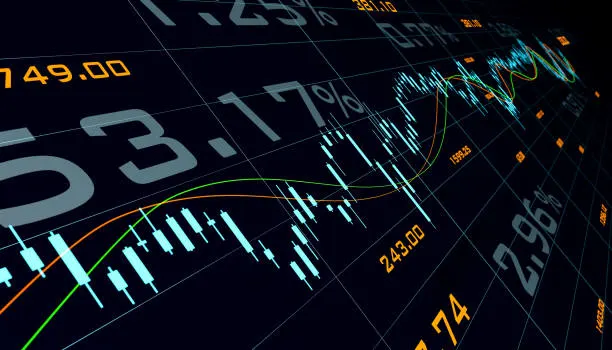

Tariffs and Private Equity: Impact of “Liberation Day”

Rockstar May Embrace User-Generated Content In Grand Theft Auto 6 - Report

More Americans Are Giving Their Lives Over To AI: Is This Bad?

Meta Shares New Stats on VR Engagement and the Future of the Metaverse

Meta's CTO Claims 2025 Will Define The Future Of The Metaverse, And Says That If The Platform Fails To Gain Traction, It Will Be A 'Legendary Misadventure'
HarbourVest Partners, the global private markets investment specialist, with more than $143 billion of assets under management as of December 31, 2024, today shared commentary from the firm’s Senior Market Strategist, Scott Voss on the recent tariff announcement.With April 2nd behind us — a day we hoped would bring clarity — the path ahead remains uncertain. We need only look at global public markets to understand the implications. As financial investors, public markets are our barometer. Private markets, with their longer durations, will dampen the volatility seen in public markets but are subject to the same underlying uncertainties.The markets are worried about immediate threats like inflation and a global recession. They are also concerned about the potential rebuild of the global supply chain, its duration, and its future state. These changes represent a conscious reset of the post-World War II economic order.
The most notable reciprocal tariffs
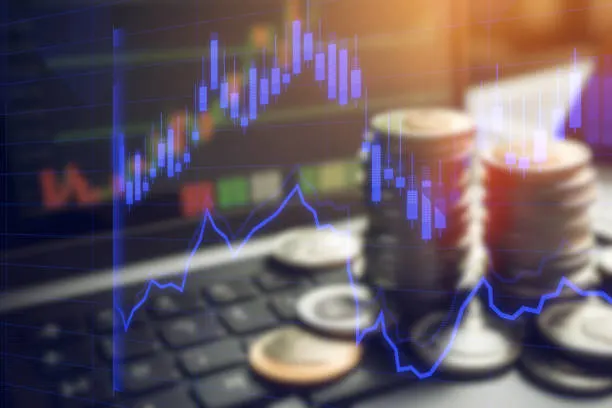
April 2nd did not provide answers; it merely posed the first question in this game of Jeopardy. The most notable reciprocal tariffs were against China (54%), Cambodia (49%), Vietnam (46%), and Sri Lanka (44%). Japan and Europe, though lower on the list, should not be ignored. As the world diversified away from China, alternatives like Cambodia and Vietnam were added. However, tariff tactics have largely mitigated these diversification efforts. Notably, Canada and Mexico were exempt from the Liberation Day tariffs, presenting opportunities for US border trade partners.The second Jeopardy question is how markets and stakeholders will respond. On April 3rd, global equity markets plunged, oil and USD fell, and gold continued its historic rise. Volatility and uncertainty have been prevalent and will likely remain so through 2025. The follow-up question is how our counterparts will retaliate. Already, China has imposed reciprocal tariffs of 34%. Others may follow.As private-market investors in an illiquid asset class, long-term duration is our ally. Private market investments will likely end up in the same place as public market investments over time, but without the interim drama. While there is anxiety about not being able to sell immediately, public market investors face the same dilemma daily.

Julio Herrera Velutini and His Business Investments in the Global Market
![Catherine and Pierce Compete for a Listing in Episode 7 [Exclusive Clip]](/images/Grosse-Pointe-Garden-Society.webp)
Catherine and Pierce Compete for a Listing in Episode 7 [Exclusive Clip]
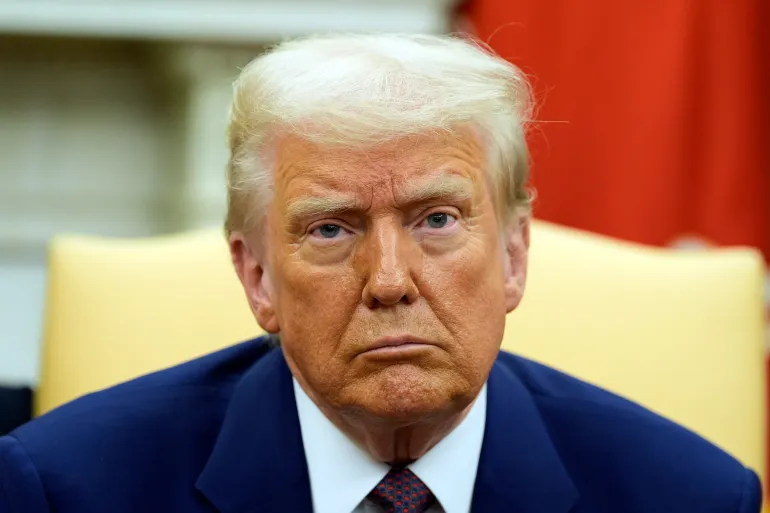
Donald Trump Spent Millions on These 9 Luxury Items No 7 Will Blow Your Mind

Why did Tom O’Brien decide not to run for mayor against Wu, Kraft?

private equity
Dollar Tree to sell Family Dollar for $1 billion a decade after buying it for more than $8 billion
Dollar Tree is selling Family Dollar to two private equity firms after the discount chain failed to gain traction with shoppers.

private equity
UK to ease rules for smaller private equity and hedge funds
Britain's government wants to dilute regulations for smaller private equity and hedge funds in a bid to bolster the country's appeal as an investment hub.

private equity
Community sounds off at public hearing on ALLETE’s potential acquisition
CPP is a private equity firm and GIP is owned by the world’s largest asset manager, BlackRock Inc.
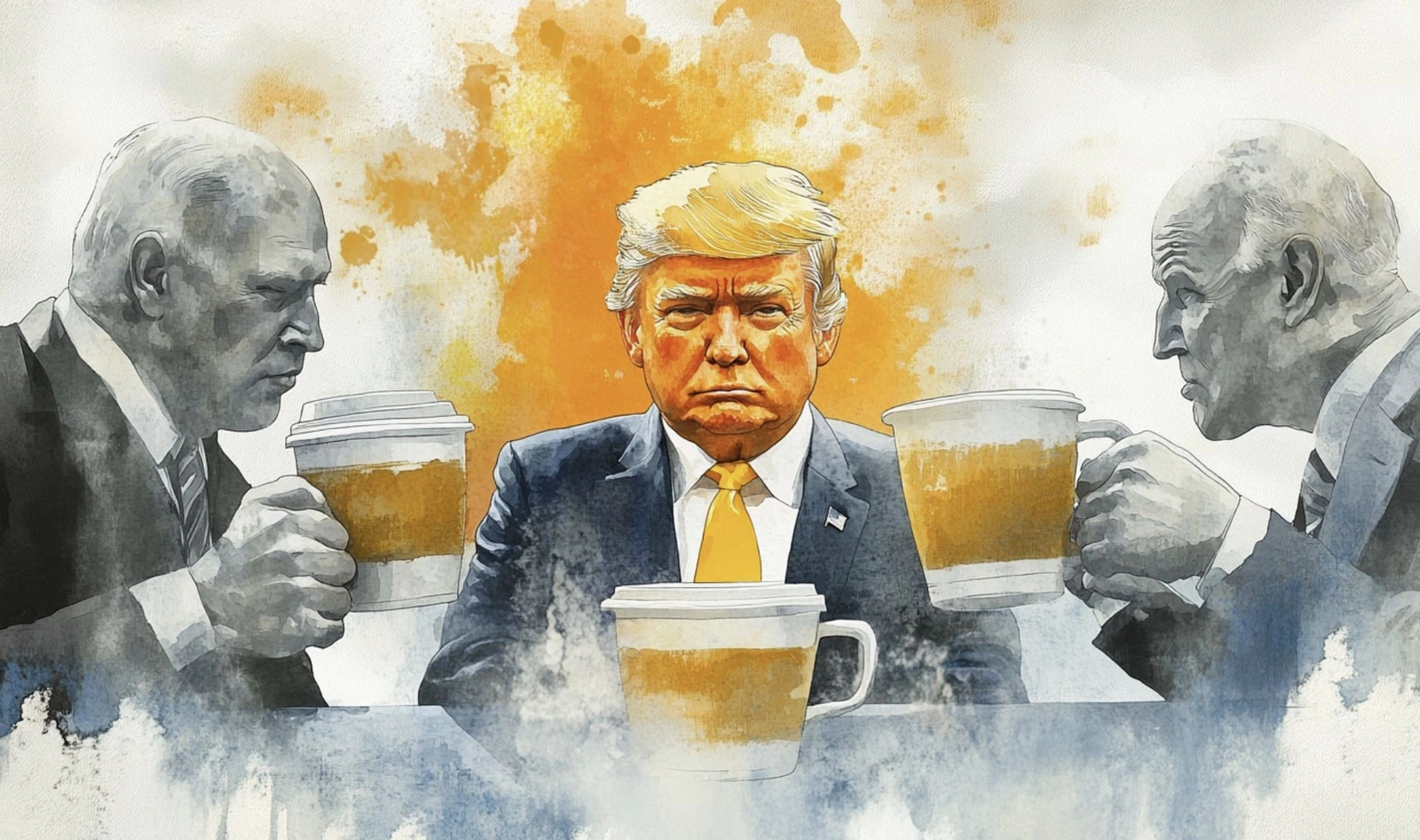
Venture capital
Morning Coffee:Trump tariffs & the new nightmare of private equity & hedge fund jobs. CFA scores boast-fest
Whatever you think of Trump's 'Liberation Day' tariffs and the complicated-not complicated formula used to calculate them.
